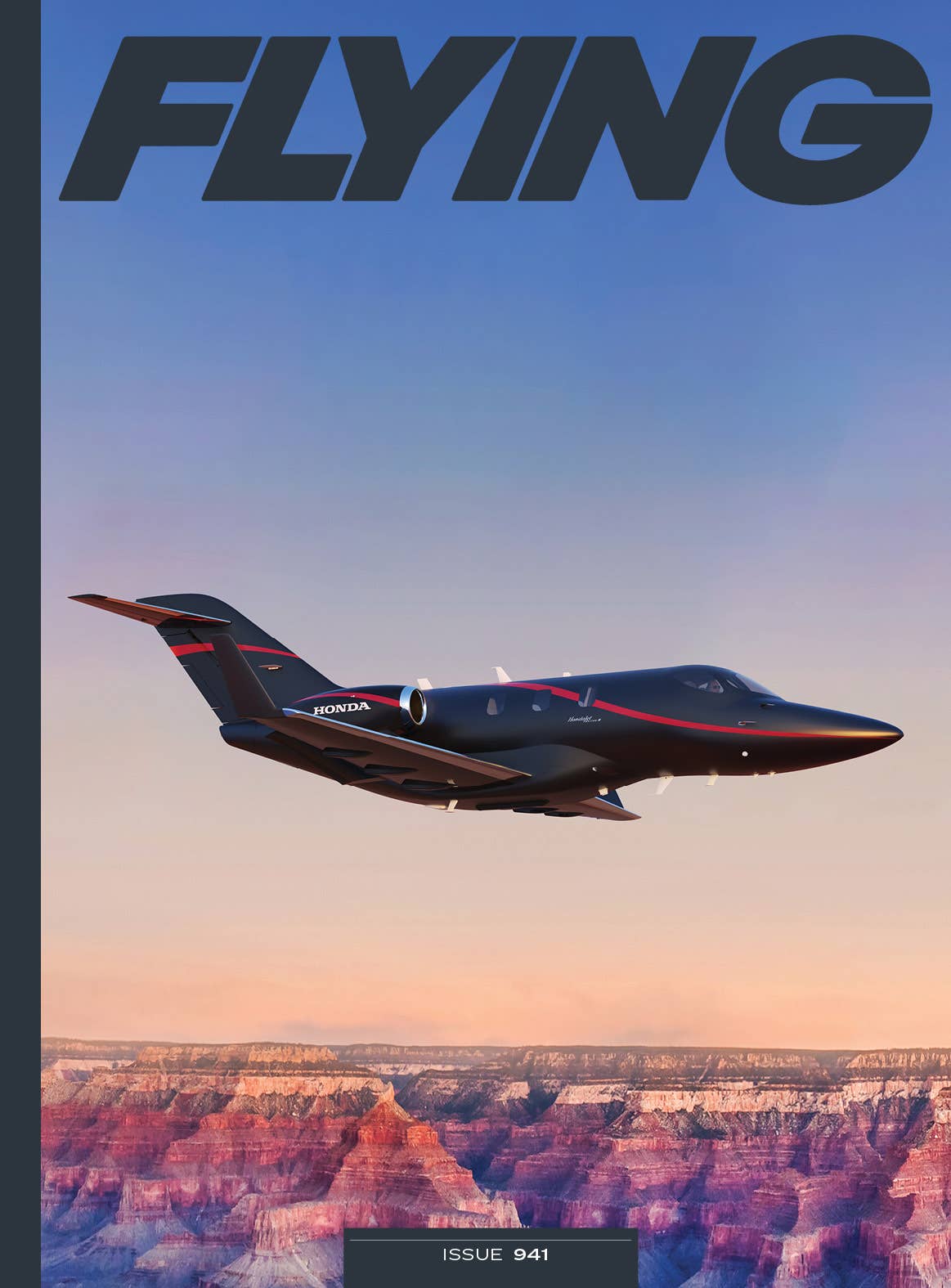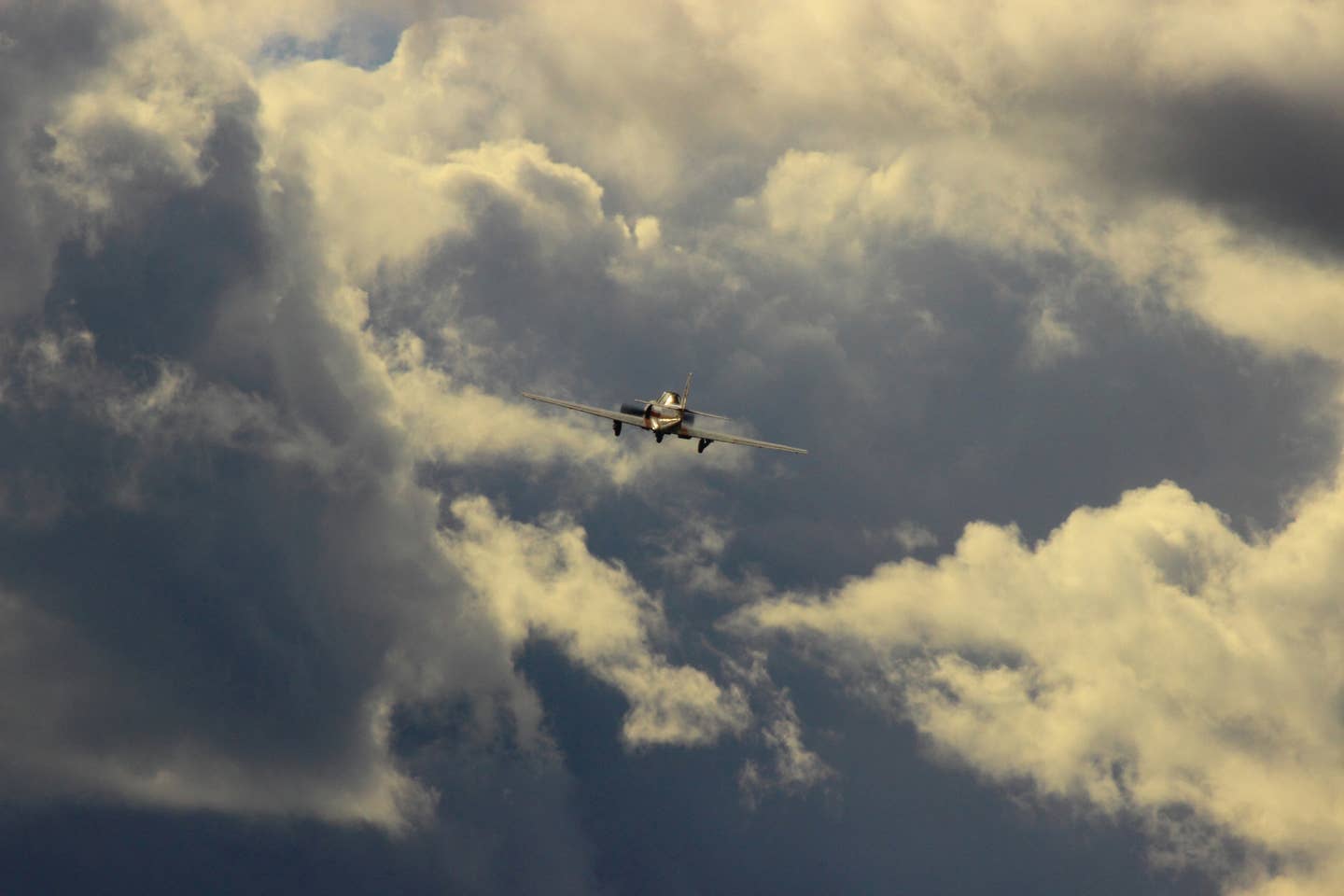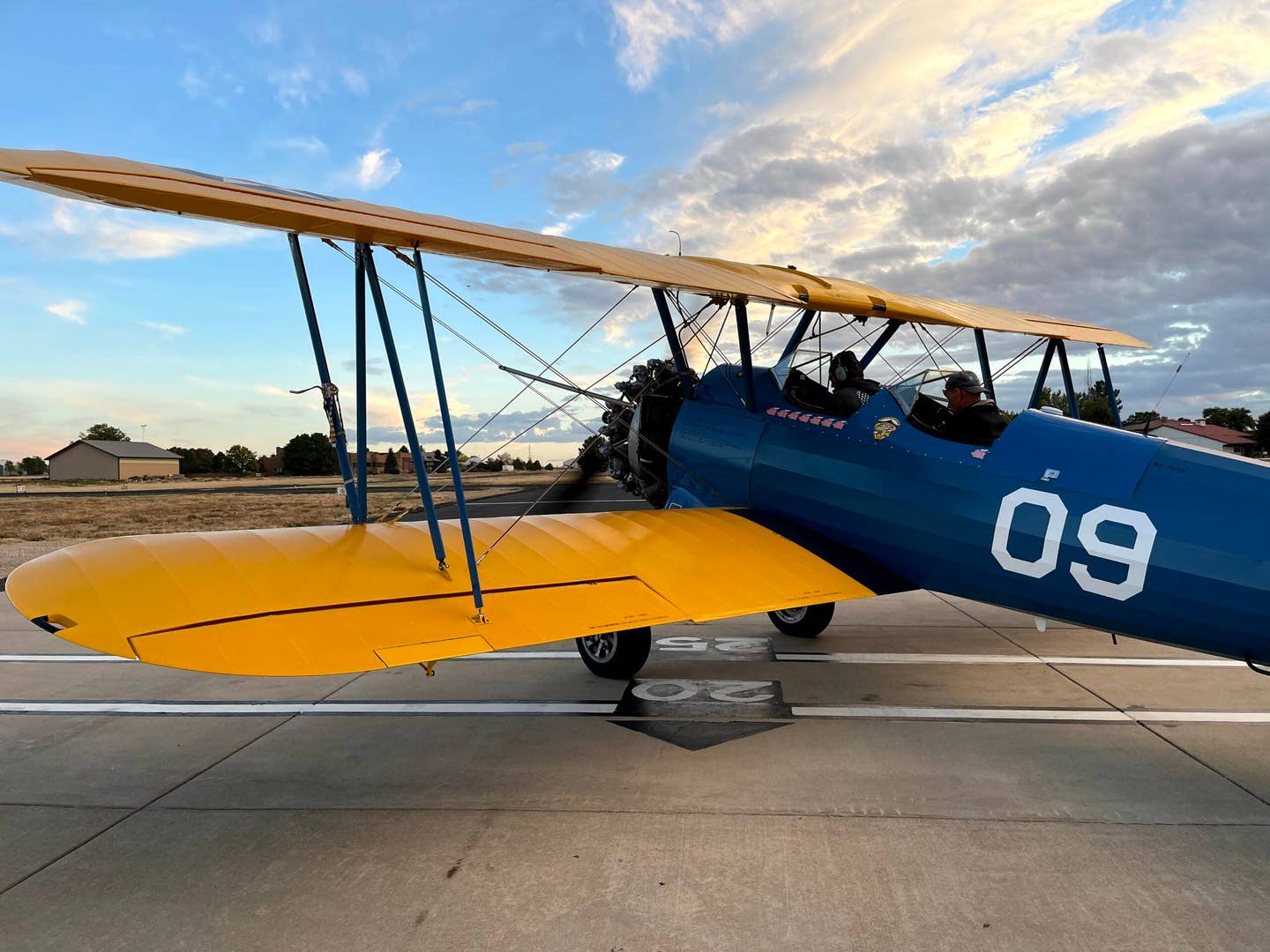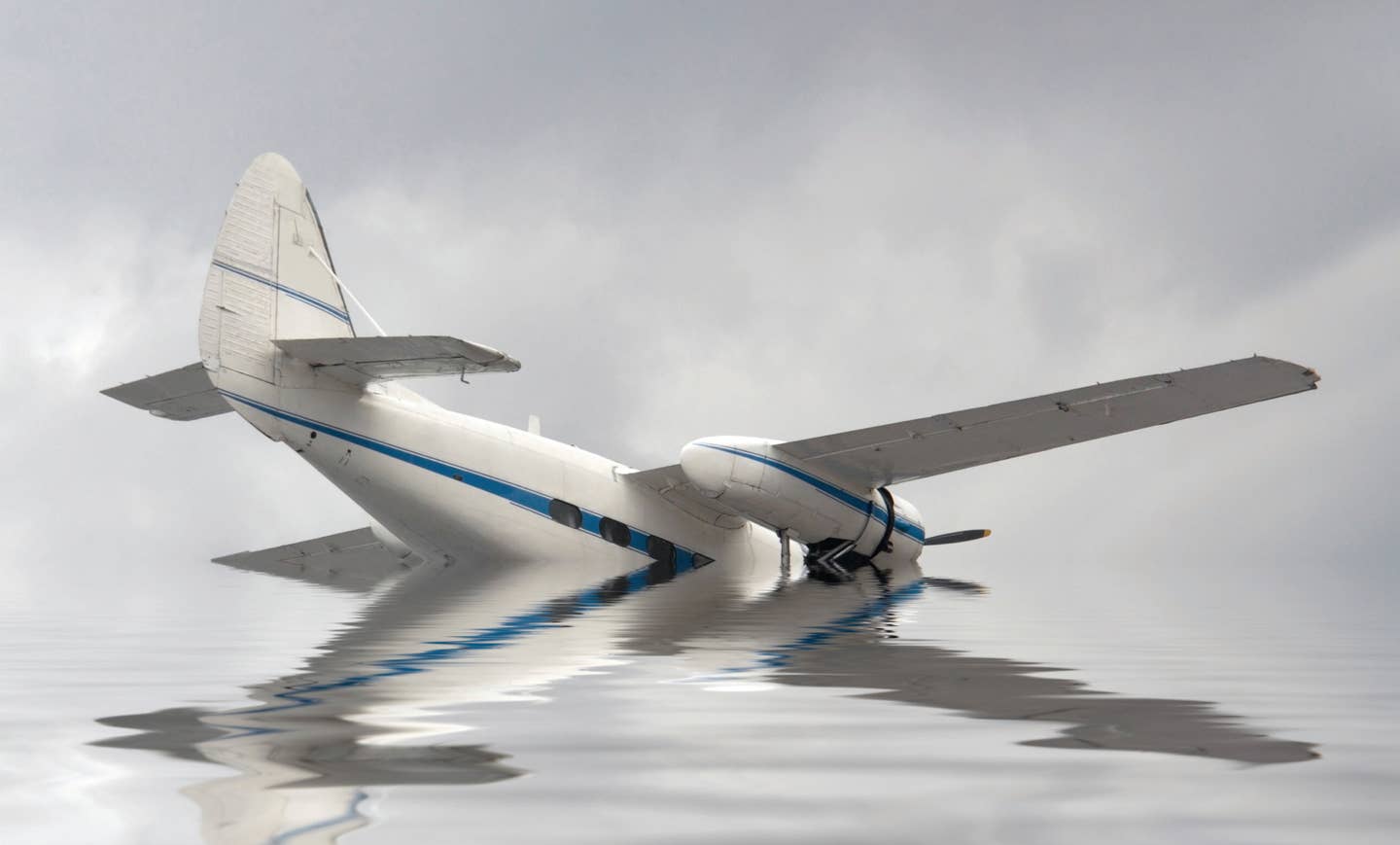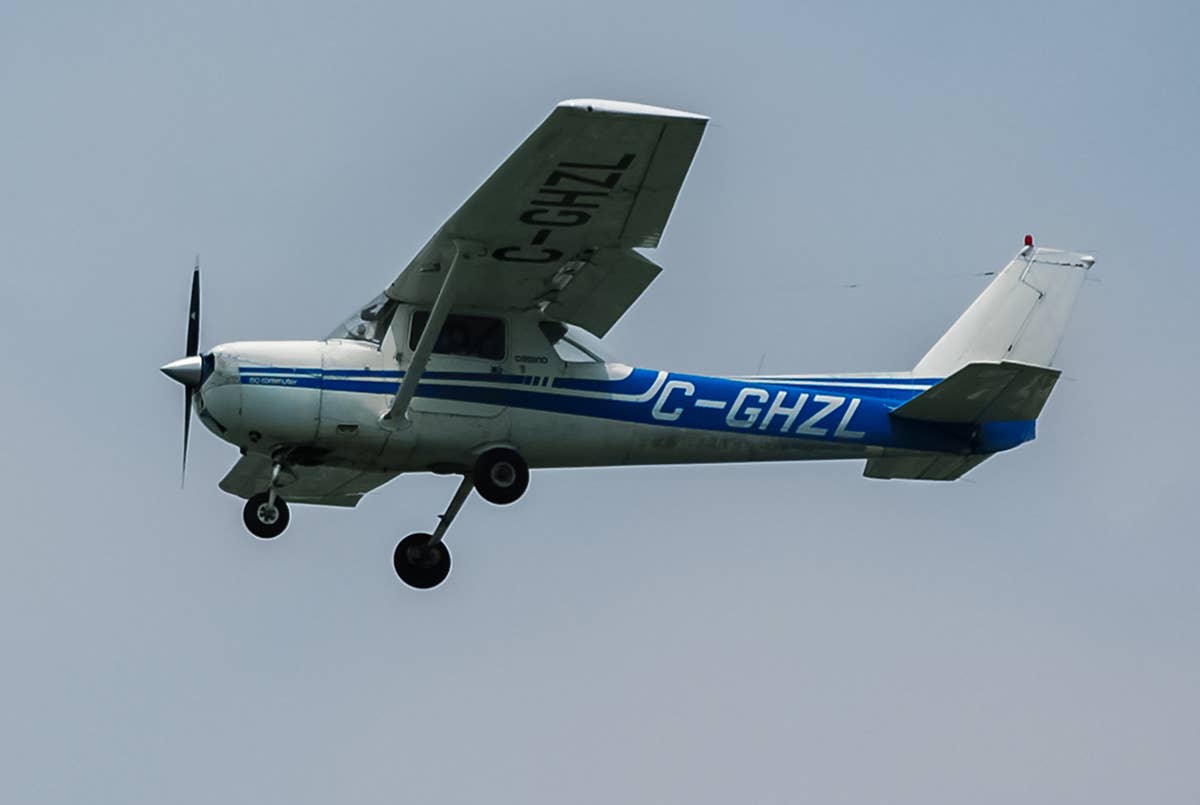Chart Wise: Ocean City (KOXB) LOC Rwy 32
Here’s a localizer-only approach to some Maryland summer scenery.
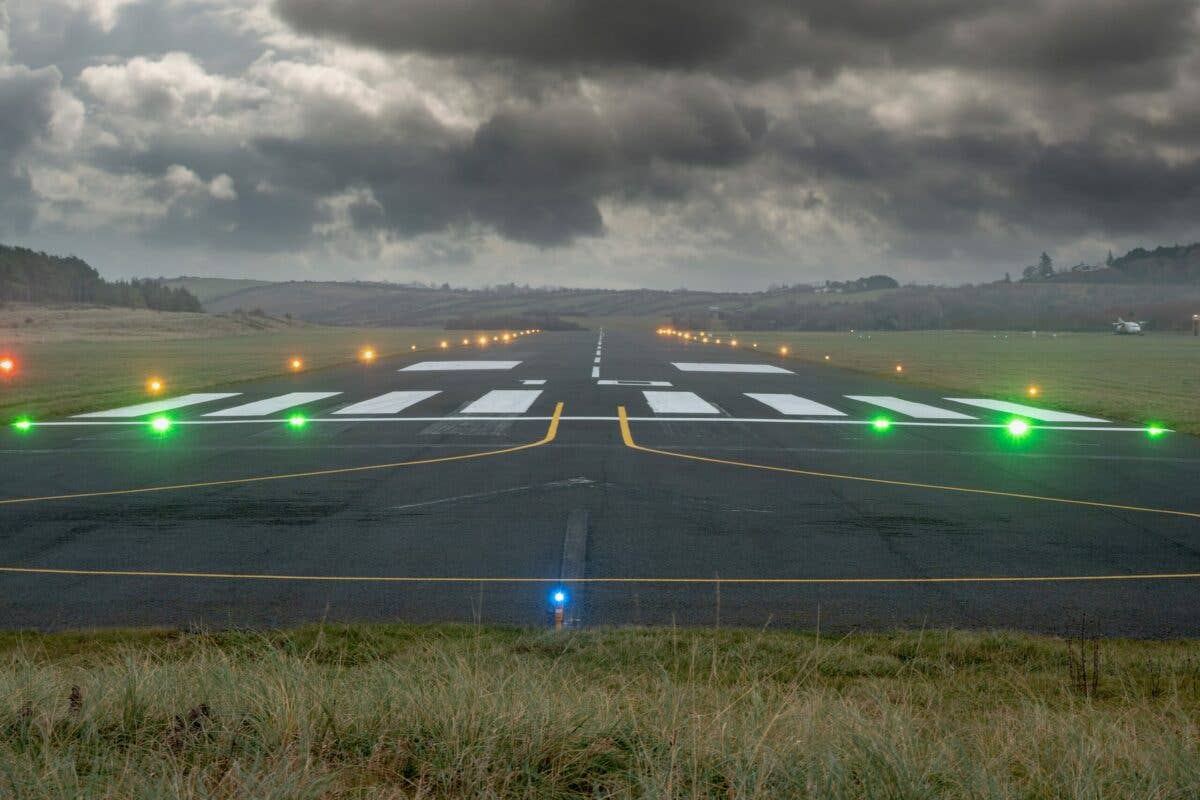
[Shutterstock]
As you look ahead this spring to the flights you would like to make as the temperatures climb, the Atlantic Coast offers a lot for pilots living in New England or the Mid-Atlantic states. A summer trip to Ocean City, Maryland, might be for strolling along the boardwalk, visiting the beaches, or experiencing some nearby golfing or nightlife. Whatever your reason, a pilot might find themselves utilizing the Localizer Runway 32 approach to Ocean City Municipal Airport (KOXB) if the weather requires a descent on instruments.
If you're not already a subscriber, what are you waiting for? Subscribe today to get the issue as soon as it is released in either Print or Digital formats.
Subscribe NowA) LOC-Only Approach
We get used to localizer approaches being full ILS approaches. That isn’t the case here. As a localizer-only approach the pilot won’t have a glideslope to follow after passing the final approach fix at FEMOD. This means the missed point will not be a decision height but at a waypoint, in this case 0.8 DME from IOXB after descending to a minimum descent altitude of 340 feet msl.
- READ MORE: Chart Wise: Spirit of St. Louis ILS 26L
B) DME From the LOC Source
DME on approaches can come from a variety of sources. In this case it comes from the localizer frequency. Denoted IOXB, the “I” after the DME distances is an indication that the DME source is the localizer. Be sure you have your DME source selected properly if you are using DME to identify waypoints or the missed approach point.
A second note here is that DME is required to identify some of the critical points. The final approach fix and the missed approach point are two key ones. No time is available, there are no cross-radials to identify the points, and you will need DME or a suitable IFR GPS system to substitute to fly this approach.
C) Stepdown at BENDR
At 2.9 DME from the I-OXB LOC a pilot is allowed to continue the descent below 720 feet. Until passing that point, and since there is no glideslope, a pilot should expect to halt their descent from the FAF at 720 feet per the stepdown from the FAF (ELUCO).
- READ MORE: Chart Wise: New Orleans VOR DME 36L (KNEW)
D) Circling at Night
Notes indicate that circling to Runways 14 and 20 are NA (Not Authorized) at night from this approach. This leaves a pilot with the only options as landing Runway 32 or Runway 2 if you are doing this approach during nighttime hours.
E) Unicom (CTAF) 123.05
While a pilot will expect to be talking to Patuxent Approach Control on 127.95 while flying much of the approach, a transition should be expected over to the CTAF frequency, 123.05, at some point near the final approach fix. ATC will likely advise the pilot something similar to “frequency change to CTAF authorized, advise ATC of IFR cancellation in the air or on the ground by contacting flight service.”
This is pretty standard practice when flying an approach to a nontowered airport. If you aren’t able to break out and cancel your IFR clearance until you get lower on minimums, be sure to call when you are on the ground so ATC can release the airspace. The airport chart (not shown here) lists a clearance delivery frequency of 121.75 which is a good indication that you might be able to reach ATC via an aircraft radio while on the ground. If not, get that cell phone out and be sure to let it know you have arrived and can cancel IFR.
F) FEMOD Hold Altitudes
A hold at the FEMOD waypoint, and IAF, is denoted with MAX 6,000 foot msl altitude and MHA 2,000 foot msl altitude. This means that 6,000 feet is a maximum holding altitude, and the 2,000-foot altitude is a minimum. A pilot should expect if they are going to be holding, or using the hold as an entry to the procedure, they would be at or between these altitudes. Typically holds like these for altitudes are restricted due to potential traffic conflicts above or below.
This column first appeared in the April 2024/Issue 947 of FLYING’s print edition.

Subscribe to Our Newsletter
Get the latest FLYING stories delivered directly to your inbox

